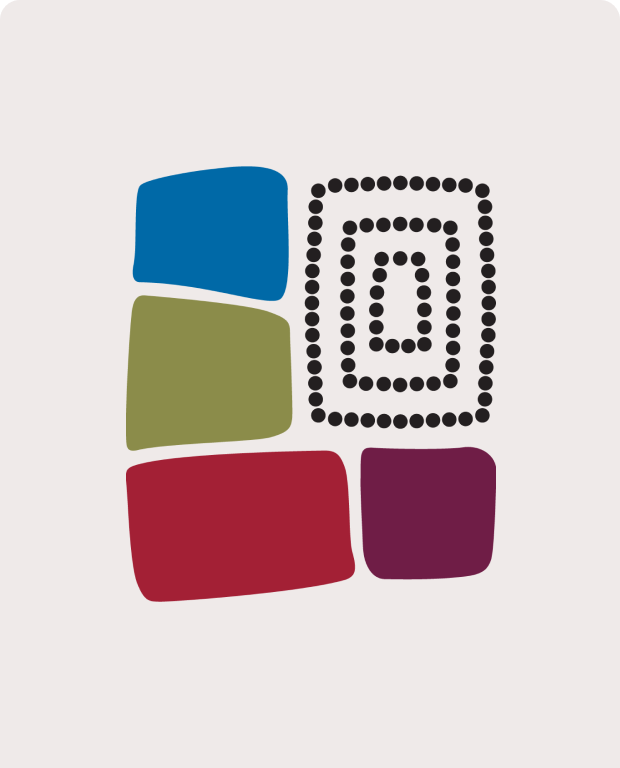Health literacy among young Aboriginal and Torres Strait Islander males in the Northern Territory

Project aim and objectives :
Aim: to understand the interplay between health literacy, gender and cultural identity among young Aboriginal and Torres Strait Islander males living in the Northern Territory.
Objectives included:
- To understand how young Aboriginal and Torres Strait Islander males conceptualise health literacy in their day-to-day lives.
- To identify the intersections between health literacy, masculinities and cultural identity among young Aboriginal and Torres Strait Islander males and how these can shape positive life aspirations.
- To identify strategies for strengthening health, sport and recreation, education, justice, employment and community service programs and policies that support young Aboriginal and Torres Strait Islander males to fulfil their life aspirations.
- To test the cultural relevance and applicability of validated health literacy tools for use among young Aboriginal and Torres Strait Islander males.
Project team:
Project leader: Professor James Smith
Project partners :
- Menzies School of Health Research
- Charles Darwin University
- Flinders University
- WHO Collaborating Centre in Health Literacy at Deakin University
- NT Department of Health
- Fred Hollows Foundation
Administering organisation: Menzies School of Health Research
Project timeline: 01/02/2018—31/03/2019
Methodology
- This was primarily a qualitative study that involved working collaboratively with young Aboriginal and Torres Strait Islander males aged 14—25 years from the Northern Territory, in partnership with local organisations delivering programs to this cohort.
- It used surveys, yarning sessions and photo-voice methods to address the aim and objectives listed above.
Project findings
- The research findings convey a very positive story about the way young Aboriginal and Torres Strait Islander males conceptualise their health. The following themes emerged:
- Navigating Western concepts of health (particularly physical health and mental health).
- Prioritising cultural concepts of health (including ‘staying strong’, doing things ‘right way’ and staying connected with country).
- Focusing attention on social determinants of health (particularly employment, education detention and racism).
- Strength in, and love for, family.
- Strength in relationships with friends and mates.
- This research has provided a strong foundation for developing practical strategies for improving programs and policies targeting young Aboriginal and Torres Strait Islander males in health, sport and recreation, education, justice, employment and community services contexts.
- This has significant potential to challenge unfavourable, racist or negative public narratives about young Aboriginal and Torres Strait Islander males.
- An unintended (albeit anecdotal) consequence of this research was an expressed interest among some young Aboriginal and Torres Strait Islander males to pursue careers in the health and social services sectors. This is important, as there is currently an under-representation of Aboriginal and Torres Strait Islander males in these sectors. v
Project outcomes
Knowledge
- This research identified several themes that provide insight into the way young Aboriginal and Torres Strait Islander men conceptualise their health.
- This research has provided a strong foundation for developing practical strategies for improving programs and policies targeting young Aboriginal and Torres Strait Islander males.
| Awareness |
|
| Behaviour |
|
| Skills |
|
Related resources:
As a summary, these are now the four primary academic outputs arising from this Lowitja Institute funded project:
Smith, J., Merlino, A., Christie, B., Adams, M., Bonson, J., Osborne, R., Drummond, M., Judd, B., Aanundsen, D., Fleay, J. & Gupta, H. (2020). Using social media in health literacy research: A promising example using Facebook with young Aboriginal and Torres Strait Islander males from the Top End of the Northern Territory. Health Promotion Journal of Australia (Special Issue – Equity & Health Literacy).
Merlino, A., Smith, J., Christie, B., Bonson, J., Adams, M., Judd, B., Aanundsen, D., Drummond, M., Osborne, R. & Fleay, J. (2020). What do we know about the nexus between culture, age, gender and health literacy? Implications for improving the health and wellbeing of young Indigenous males. International Journal of Men’s Social and Community Health. 3 (2), e46-e57.
Smith, J., Merlino, A., Christie, B., Adams, M., Bonson, J., Osborne, R., Judd, B., Drummond, M., Aanundsen, D. & Fleay, J. (2020). “Dudes are meant to be tough as nails”: The nexus between masculinities, culture, and health literacy from the perspective of young Aboriginal and Torres Strait Islander males – Implications for policy and practice. American Journal of Men’s Health. 1-17
Smith, J., Christie, B., Bonson, J., Adams, M., Osborne, R., Judd, B., Drummond, M., Aanundsen, D. & Fleay, J. (2019). Health literacy among young Aboriginal and Torres Strait Islander males in the Northern Territory. Report prepared for the Lowitja Institute. Darwin, Menzies School of Health Research (ISBN 978-1-922104-60-1).
Smith, J., Merlino, A., Adams, M. & Aanundsen, D. (2020), ‘Understanding health literacy among young Aboriginal men and boys in the NT’, Croakey,

